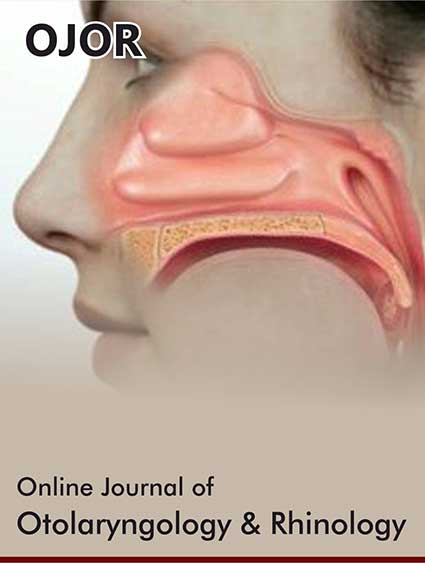 Research Article
Research Article
A Clinical Evaluation of Adaptive Hearing Aid Compression: Exploring its Impact on the Word Recognition Abilities of Spanish Pediatric Hearing Aid Users
Silvia N Breuning1, María Eugenia Prieto1, María Ángela Silva1, Mónica A Jeremías1, Patricia Bernáldez1 and Dave Gordey2*
1Department of Otolaryngology, Hospital for Pediatrics SAMIC Prof Dr Juan P Garrahan, Buenos Aires, Argentina
2Centre for Applied Audiology Research, Oticon A/S, Denmark
Dave Gordey, Director of Pediatric Audiology and Research, Centre for Applied Audiology Research, Oticon A/S, Smorum, Denmark.
Received Date: April 23, 2020; Published Date: May 05, 2020
Abstract
Background: For today’s children with sensorineural hearing loss, speech understanding with their hearing technology is critical. Most pediatric hearing instruments are based on traditional Wide Dynamic Range Compression (WDRC) processing. Unfortunately, this technology has its limitations in dynamic listening environments. A new adaptive compression strategy, with floating linear gain has been developed for hearing aids and shows promise to improve listening for children with hearing loss.
Methods: This clinical evaluation compared within subject performance of twenty children with bilateral sensorineural hearing loss who spoke Spanish and wore hearing-aid technology with WDRC and adaptive compression. Questionnaires recorded parent/caregiver perspectives on their child’s auditory performance with the adaptive compression hearing aid technology.
Results: Speech understanding in quiet and in background noise was better for most children who used adaptive compression. Parent and caregiver questionnaire responses supported these findings.
Conclusion: A new adaptive compression strategy shows promise to improve the listening experiences of Spanish speaking children with hearing loss.
Keywords: Adaptive compression, WDRC, Children, Speech recognition, Hearing aid
-
Silvia NB, María Eugenia P, María Ángela S, Mónica AJ, Patricia B, Dave G. A Clinical Evaluation of Adaptive Hearing Aid Compression: Exploring its Impact on the Word Recognition Abilities of Spanish Pediatric Hearing Aid Users. On J Otolaryngol & Rhinol. 2(4): 2020. OJOR. MS.ID.000542.





